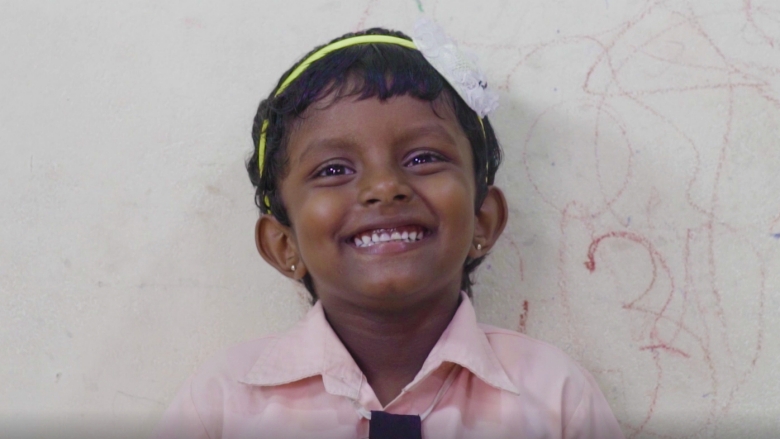Early Childhood Development Project
From Crèche to Classroom: Exploring Possibilities for Integration in Sri Lanka’s Early Years Services
In Sri Lanka, the government provides free access to compulsory primary and secondary education, but not to preschool education which is not compulsory.
Date: November 19, 2020Type: Feature StoryLanguage: English
Enhancing Equitable Access to Quality Early Childhood Development in Sri Lanka
The Early Childhood Development Project is working to improve the quality of and expand equitable access to early childhood development (ECD) services in Sri Lanka. Since 2016, the project has benefitted more than 1.35 million children between 3 and 5 years of age.
Date: October 11, 2020Type: ResultsLanguage: English
Sri Lanka Needs to Invest in People to Unlock Its Productive Potential
World Bank's new report to guide policymakers and development practitioners across Sri Lanka in better investing in the health and education of all Sri Lankans.
Date: September 27, 2019Type: Press ReleaseLanguage: English
Sri Lanka can Boost its Development by Investing in Early Childhood Education
Better access to early childhood education can boost learning opportunities for all children and promote equitable development. Awareness campaigns can help parents become more aware of the benefits of early childhood education.
Date: May 16, 2018Type: Feature StoryLanguage: English
Laying the Foundation for Early Childhood Education Sri Lanka
Investing early in education is a smart investment. The benefits of Early Childhood Education (ECE) are diverse. Equal access to early education will result in equal earning opportunities for individuals from diverse backgrounds
Date: February 29, 2016Type: PublicationLanguage: English
Sri Lanka Early Childhood Development Project
The World Bank Board approved a $50 million credit to improve the quality and increase equitable access to Early Childhood Development (ECD) services in Sri Lanka.
Date: June 24, 2015Type: Loans & CreditsLanguage: English
World Bank Approves $50 Million to Support National Plan for Early Childhood Care and Development in Sri Lanka
The World Bank Board approved a $50 million credit to improve the quality and increase equitable access to Early Childhood Development (ECD) services in Sri Lanka.
Date: June 24, 2015Type: Press ReleaseLanguage: English

Why Sri Lanka needs to invest more in early childhood education
Only 65 percent of Sri Lankan children between 3-5 benefit from an early education program. This is about to change as the government of Sri Lanka has committed to improving early childhood care and education through the Early Childhood Development Project
Date: May 15, 2018Type: VideoLanguage: English